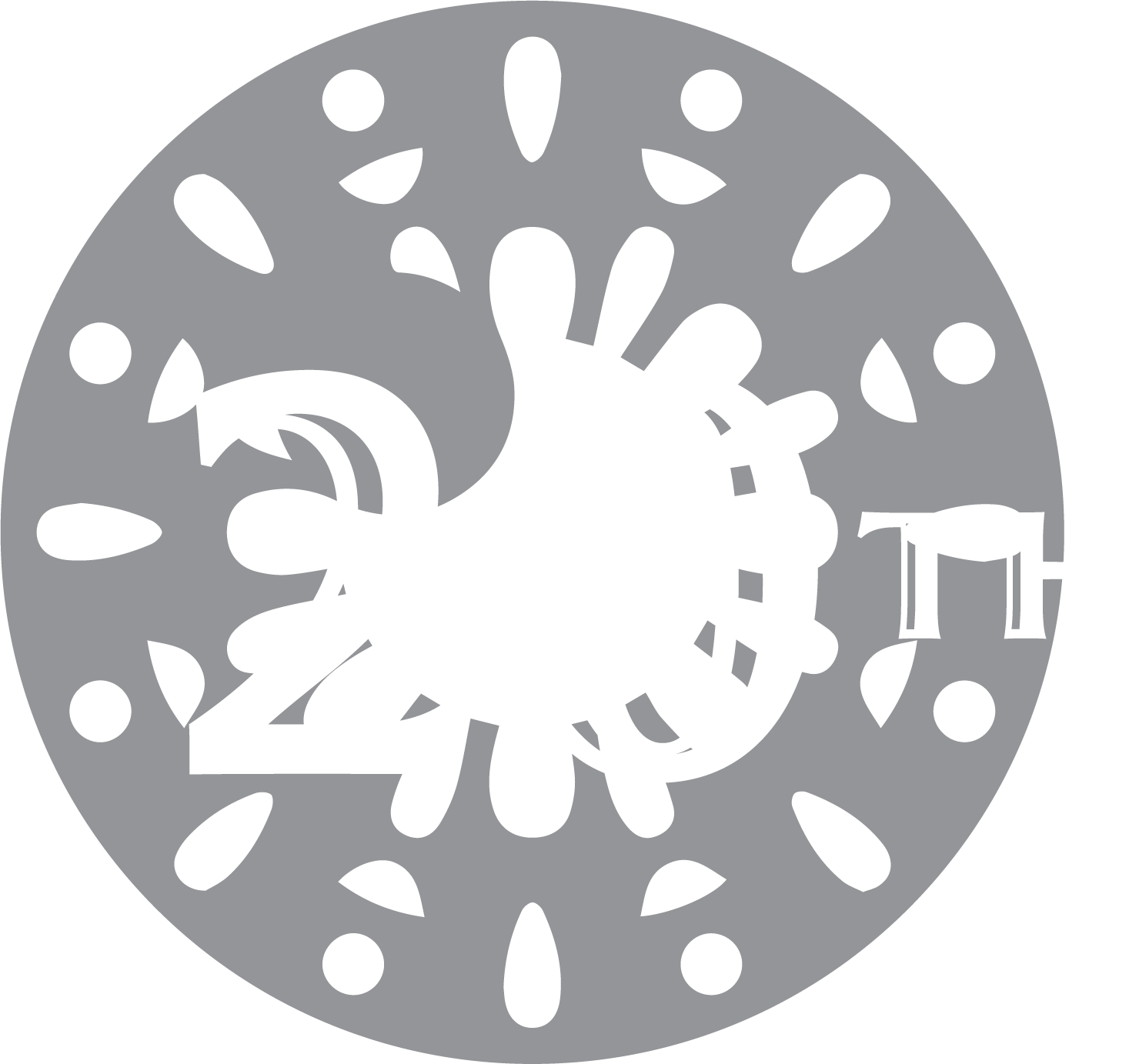At Left Coast Estate we pride ourselves on a commitment to the land and preservation for generations to come. From our LIVE certified vineyards and winery to our homegrown vegetables we strive to uphold the highest standards of sustainability and innovation.
Live Certified
LIVE is a certification of environmentally and socially responsible wine growing in the Pacific Northwest through a rigorous third party certification of collaborative science-based winegrowing standards of Integrated Production.
Using fewer and less toxic pesticides and fertilizers by following scientifically developed farming practices.
Promoting biodiversity within each farm to reduce the impacts of agriculture.
Focusing on fish and watershed protection through our partner Salmon-Safe.
Reducing environmental impacts by conserving energy and water in the winery.
Promoting worker health and safety with fair labor practices, education, and safety protocols for vineyard and winery tasks.
Salmon Safe Certification ensures that our agricultural watershed is clean enough for local salmon to thrive and spawn.
Solar Power
In our winery, the 62kW roof-mounted solar installation (view our solar stats) generates the vast majority of our electricity. Our 17-acre spring-fed lake collects rain water for our gravity-fed irrigation.
The 21kW ground-mounted solar array by our Latitude 45 vineyard provides 100 percent of the power for our guest cottage, front gate, and all the estate irrigation needs of our vineyards and extensive landscaping.
We recycle paper, glass, plastic, and cardboard from our offices and tasting room.
Additionally, we offer a Bottle Recycling Program for our customers:
For every empty Left Coast Estate bottle that is returned to our tasting room for recycling, we will take $1 off each new bottle purchased.
Left Coast Estate is involved with Oregon's Adopt-A-Highway Program and we have adopted our local stretch of the 99-W.
We feel that all of these efforts (and many smaller ones) make Left Coast part of the most forward-thinking wineries in the state of Oregon.
Oak Savanna Restoration Project
Left Coast has over 100 acres of ecological compensation areas and 70 acres of old growth oak forest. Through time the forest has become populated with invasive species and our goal is to restore the forest to a native oak savanna. We have partnered with the US Fish and Wildlife Service. They will provide the technical expertise for the restoration as well as help us to match any funds were are able to raise ourselves with Federal and State grants. The forest will be a permanent wildlife refugee in the center of our estate and create habitat for native plants, wildlife, birds, and insects as well as improving the watershed.
Gardens
The gardens help contribute to a sustainable ecosystem and enhance the beauty of the estate. The gardens have continuously evolved with the estate, growing and adapting to their surroundings. The symbiotic relationship between the gardens and the estate are a defining aspect of a visit to Left Coast Estate. Cali, the family's daughter, is a landscape architect and designed a trail system through our 40 acre woodlot that serves as our primary ecological compensation area. She and her father will continue to develop the interface between the landscape and the vegetation.
Community
Left Coast is actively involved with ¡SALUD!, a unique non-profit collaboration between wineries and healthcare professionals that provides access to healthcare services for Oregon’s seasonal vineyard workers and their families.
We also target our charitable donations to our local community, with our full-time employees each selecting a charity or program they wish to support.
Carbon reduction
Left Coast is always working towards ways to reduce our carbon footprint. Greenhouse gas reduction efforts are essential to preserving the cool climate of the Willamette Valley.
We use a hybrid Prius for highway travel and low impact vehicles in the vineyards. These actions and others have decreased our total fuel consumption by almost 60 percent.








